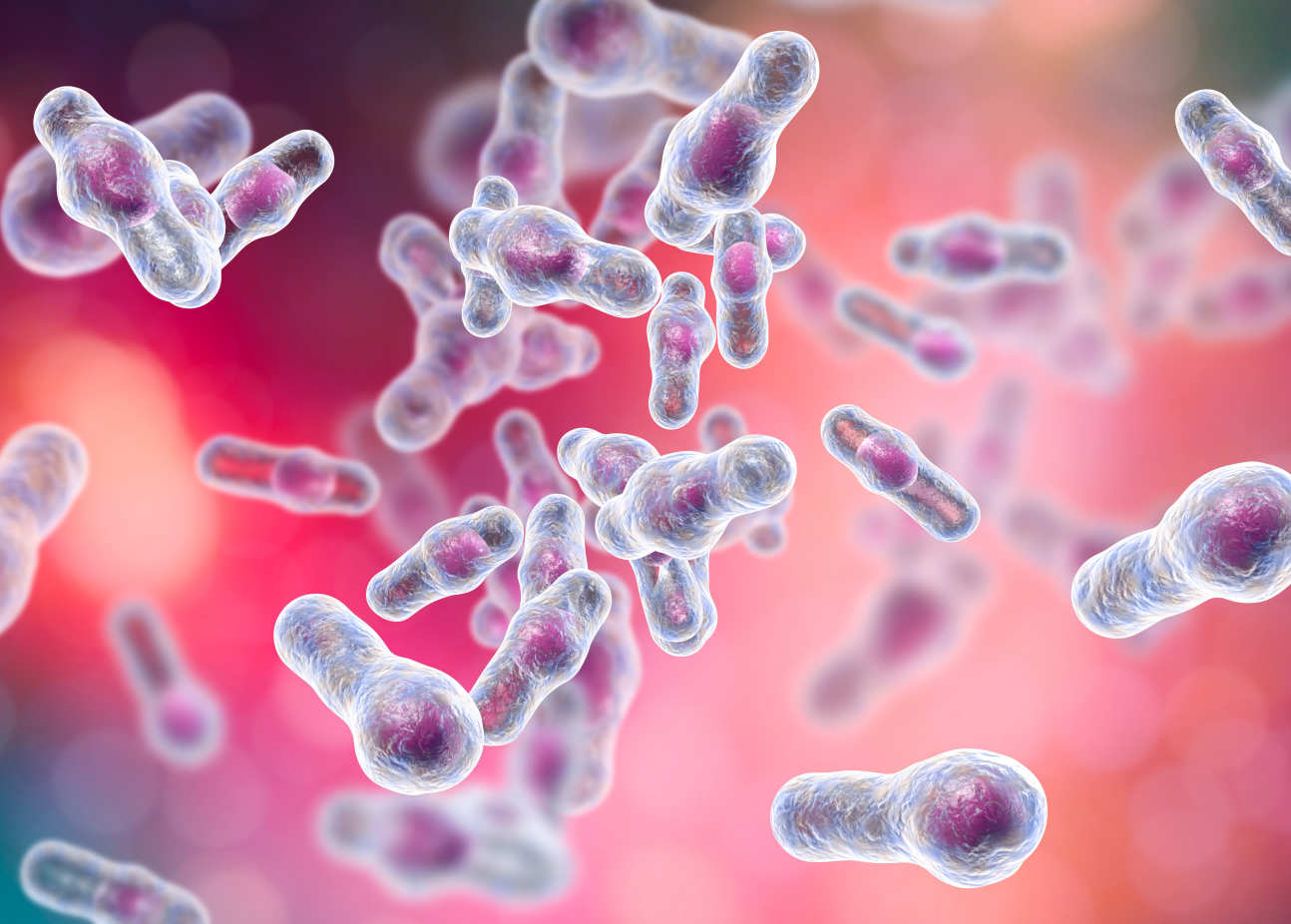Space snacks and rates of mutation: News from the College

Here’s a batch of fresh news and announcements from across Imperial.
From new insights into martian microbes to fresh understanding of the evolution of mutation rate, here is some quick-read news from across the College.
Space snacks
 Extreme temperatures, radiation, and a thin atmosphere: the surface of Mars is an inhospitable place. Despite this, scientists believe microbes might once have lived on the Red Planet – but how would they have survived in such an extreme environment? A new paper might shed some light on this.
Extreme temperatures, radiation, and a thin atmosphere: the surface of Mars is an inhospitable place. Despite this, scientists believe microbes might once have lived on the Red Planet – but how would they have survived in such an extreme environment? A new paper might shed some light on this.
Particles of dust that fall from space, or micrometeorites, are often stripped of carbon by heating during their entry through the atmosphere. Some carry carbon-rich organic matter – the key material for life on Earth.
Aaron Wilson and Dr Matt Genge, both of the Department of Earth Science and Engineering, and colleagues found that entry into the Martian atmosphere is gentle enough that it might not strip micrometeorites of their carbon-rich materials.
The authors say their findings mean the carbon brought to Mars by micrometeorites might be what fed potential Martian life forms on the hostile planet. Organic cosmic dust molecules also make it difficult to detect which material is life and which is food.
Dr Genge said: “Martian microbes might survive on a diet of space snacks, but when snack and microbe both contain organic molecules, how can dinner and diner be distinguished?”
Smoke screen
 Researchers from Imperial and St George’s University of London have revealed smoking does not ease symptoms of the bowel condition ulcerative colitis.
Researchers from Imperial and St George’s University of London have revealed smoking does not ease symptoms of the bowel condition ulcerative colitis.
This condition, which affects 146,000 people in the UK, causes inflammation of the large bowel, triggering symptoms such as stomach pain and diarrhoea.
However some people with ulcerative colitis believe smoking tobacco helps their disease, and may be reluctant to quit for this reason.
In the new research, published in the journal Alimentary Pharmacology and Therapeutics, the scientists studied the records of six thousand people with ulcerative colitis between 2005 and 2016, to determine what effect smoking has on their illness.
The study found smokers, ex-smokers and those who never smoked had similar risks of requiring medication and surgery for ulcerative colitis. Those who quit smoking had the same risk of needing medication to control their illness, being admitted to hospital, and having to undergo surgery, as persistent smokers.
The researchers concluded smoking had no benefits in people with ulcerative colitis, and that patients who smoke should be encouraged to quit.
Evolution of mutation rate
 Bacteria contain genes that help protect against DNA mutations when new cells are formed. However, in times of stress, such as when bacteria are under attack from antibiotics, versions of these genes that allow more mutations – called mutators -- can become dominant.
Bacteria contain genes that help protect against DNA mutations when new cells are formed. However, in times of stress, such as when bacteria are under attack from antibiotics, versions of these genes that allow more mutations – called mutators -- can become dominant.
This elevated rate of mutation means the bacteria have a greater chance of producing a beneficial mutation that allows them to get around the antibiotic, but also raises the risk of harmful mutations. After the stress has passed, antimutators – versions of the gene that reduce mutations – become more dominant.
Now, researchers at Imperial have modelled how antimutators arise after stress, and found that the timing and strength depends on the severity of the mutations caused by the mutators, and the genetic composition of the bacteria. The result could help clinicians better understand the behaviour of infections and cancers.
Read the full paper in Nature Communications.
–
Want to be kept up to date on news at Imperial?
Sign up for our free quick-read daily e-newsletter, Imperial Today.

Article text (excluding photos or graphics) © Imperial College London.
Photos and graphics subject to third party copyright used with permission or © Imperial College London.
Reporter
Caroline Brogan
Communications Division
Andrew Youngson
Communications Division
Hayley Dunning
Communications Division
Kate Wighton
Communications Division